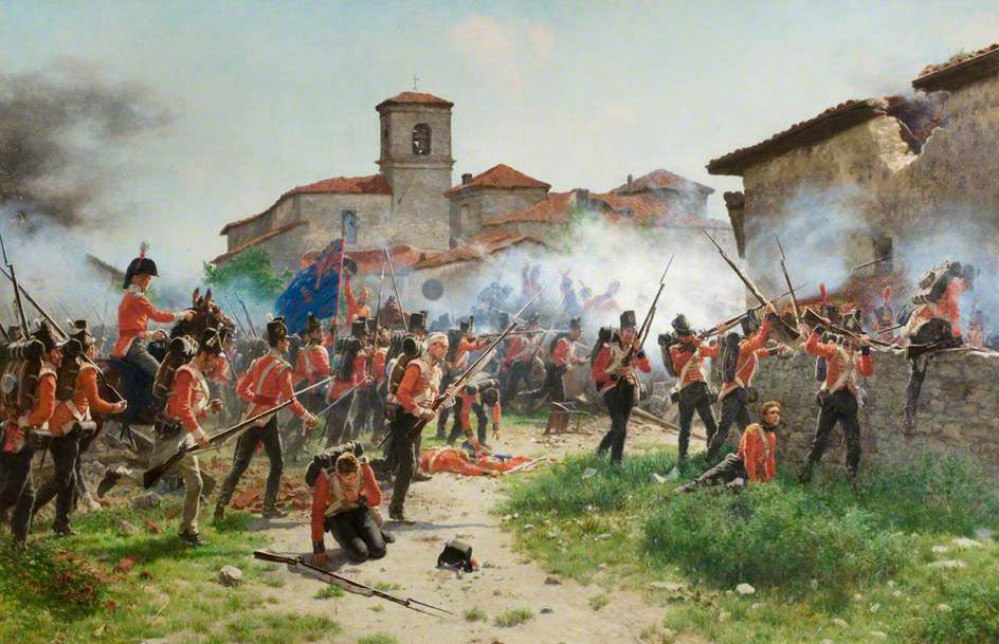
'The Fighting Third' Peninsular War Army
The 1/88th Connaught Rangers ‘The Devil’s Own’
Peninsula Battle Honours: Talavera, Busaco, Fuentes d’Onor, Ciudad Rodrigo, Badajoz, Salamanca, Vittoria, Nivelle, Orthes, Toulouse, Peninsula.
“Rangers of Connaught! It is not my intention to expend any powder this evening. We’ll do this business with the cold iron.” [1]
General Picton’s address to the 88th before the storming of the breaches of Cuidad Rodrigo 1812
The 1st Battalion of the 88th Regiment of Foot landed on the Peninsula in March 1809 and saw action at Talevera (July 1810) and Bussaco (September 1810) before retiring to the Lines of Torres Vedras for the winter.[2] Following a bayonet charge at Bussaco, the Duke of Wellington is purported to have remarked to Lieutenant-Colonel John Wallace, the commanding officer of the 1/88th, “Wallace, I never saw a more gallant charge than that just now made by your regiment.”[3]
This would not be the last bayonet charge the Battalion was to make. In 1811 the 1/88th led the counter attack against the French at Fuentes de Onoro (May 1811), blunting and then repelling Drout’s thrust on the village and turning the tide of the battle.[4] They followed this with bloody actions in the breaches of Cuidad Rodrigo (January 1812) and stormed the walls of Badajoz (March 1812) before playing a key role in routing the French at Salamanca (July 1812).[5]
There was little rest for Wellington’s veterans who were also present at the siege of Burgos (September 1812) and fought in the battle of Vitoria (June 1813). They would hound the remnants of the French army deep into France itself further proving themselves in the battles of the Pyrenees (July 1813), Nivelle (November 1813), Nive (December 1813), Orthez (February 1814) and Toulouse (April 1814).[6]
The 1/88th were in the thick of most of the major actions of the Peninsula. They took heavy casualties but new recruits were quickly integrated and kept the unit at fighting strength throughout.[7] It seemed like a good place to start this project off from! They will form part of the 1st Brigade of the 3rd Division.
I have enjoyed painting these guys up. They really come together once the colours and bases are added. Overall, I am very happy with them. The figures are all Perry Miniatures and all metal which gives some real weight to the stands! Perry Miniatures do a variety of sculpts for the Peninsula and the best bit is that they really capture the battered nature of campaigning with some packs of ragged companies! I’ve mixed these in with the regular figures to give the appearance of an army on campaign.
I also tried to keep the paint scheme deliberately grimy. The red on the coats has faded a bit in the sun and the trousers have been through hell and back (much like the men). Many of them have been replaced with the brown Spanish cloth that seemed to be so readily available. Wellington did not seem to mind non-regulation uniform so long as his men looked like soldiers and would not be mistaken for the French.[8]
The Colours are from GMB Designs and are beautiful. This was the first time I have ever applied paper flags and they look great (thanks to GMB Designs rather than any skill from me)!
Next up are the 5/60th Royal American Regiment of Foot…
[1] Cannon, Richard, ‘The Historical Record of the 88th Foot’, William Clowes and Son, London, 1838, 40
[2] Cannon, 17-20
[3] Cannon, 26
[4] Cannon, 35
[5] Cannon, 44
[6] Cannon, 53-55
[8] Lawford, James, ‘Wellington’s Peninsular Army’ Osprey Publishing, Oxford, 1973, 8































![TerrainFest 2024 Begins! Build Terrain With OnTableTop & Win A £300 Prize! [Extended!]](https://images.beastsofwar.com/2024/10/TerrainFEST-2024-Social-Media-Post-Square-225-127.jpg)
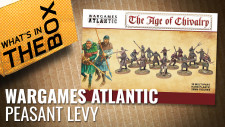
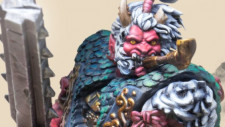
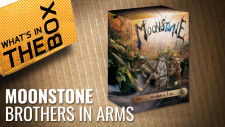

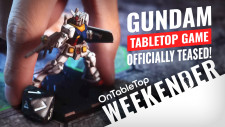




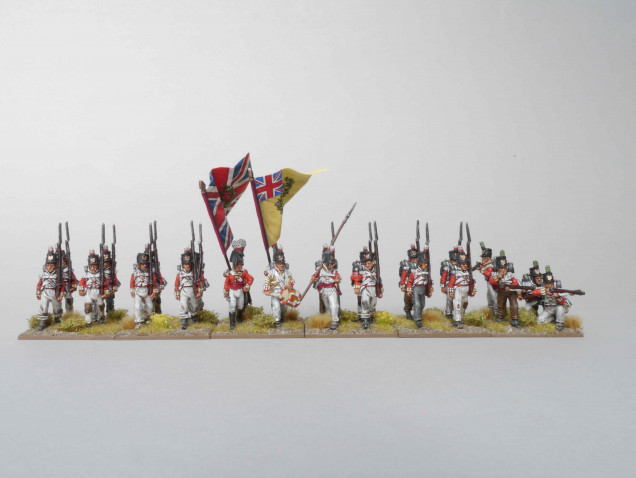
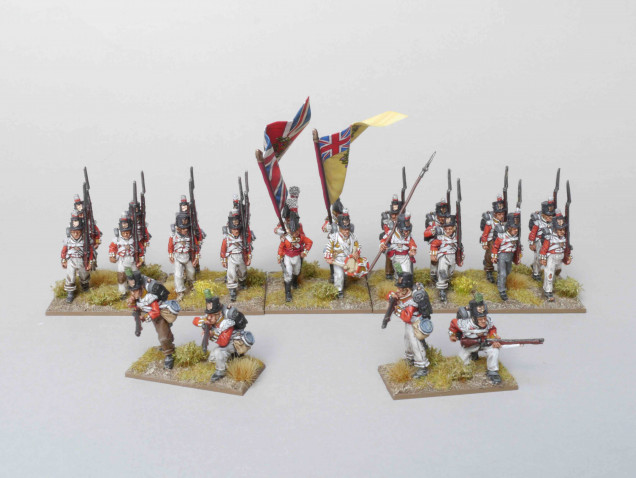
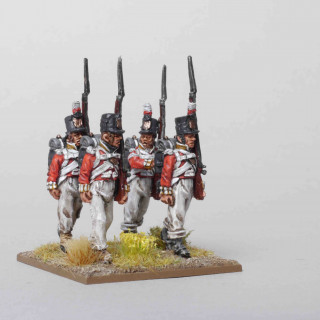
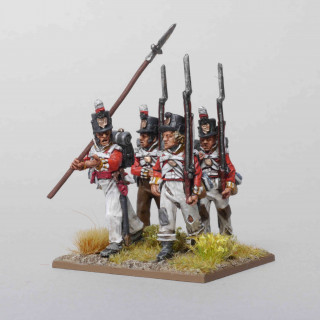
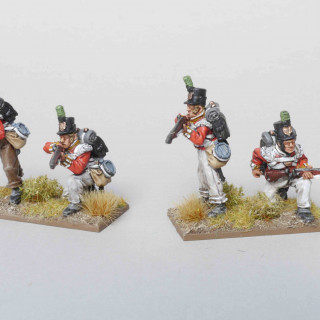
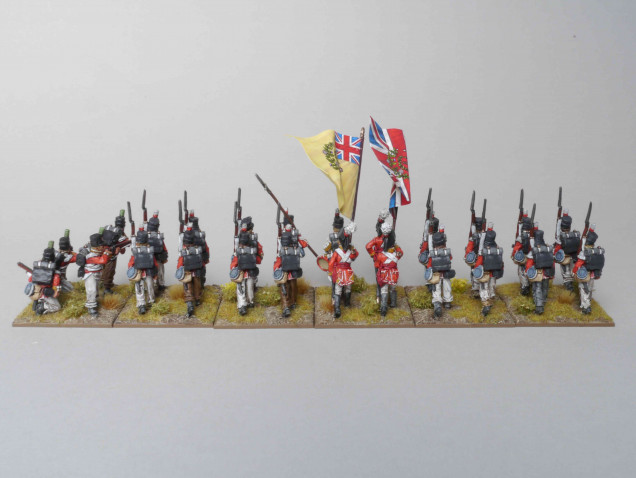
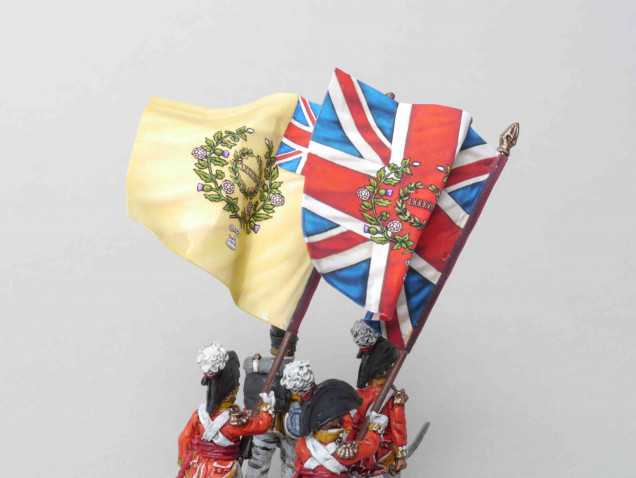

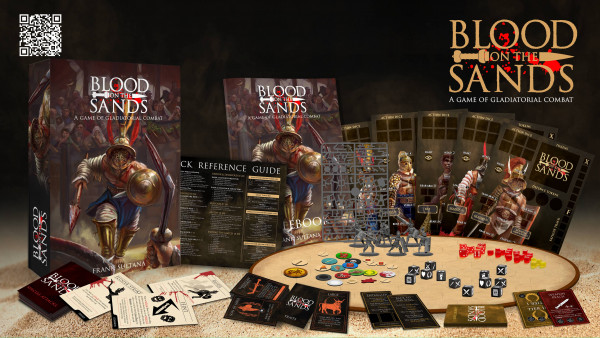
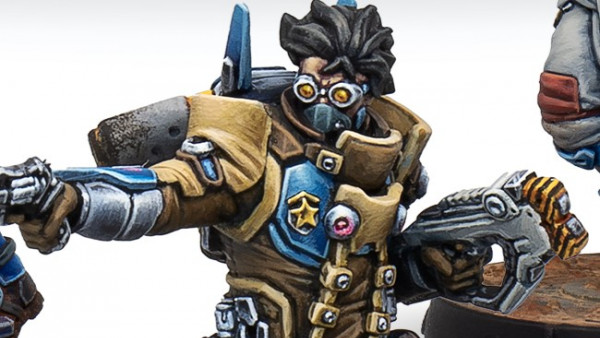
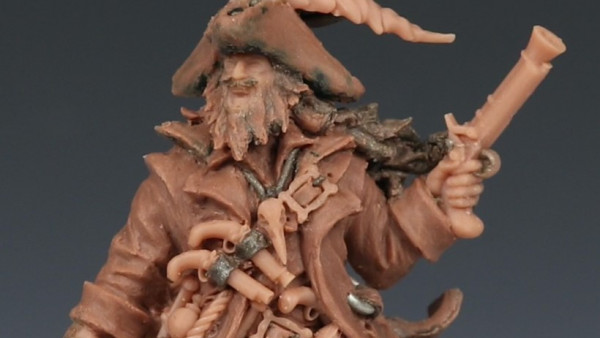
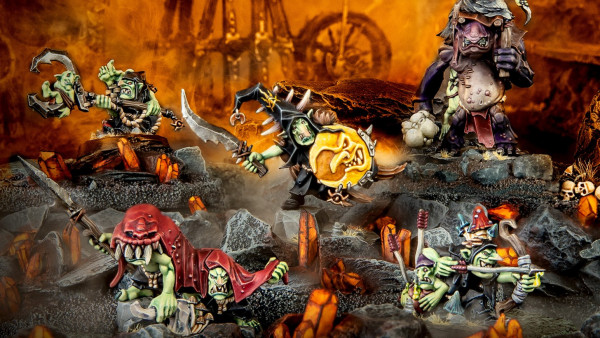
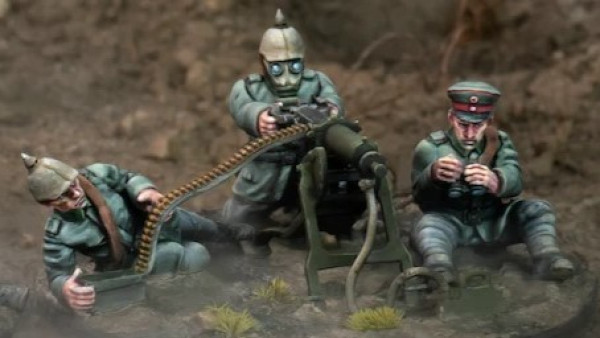
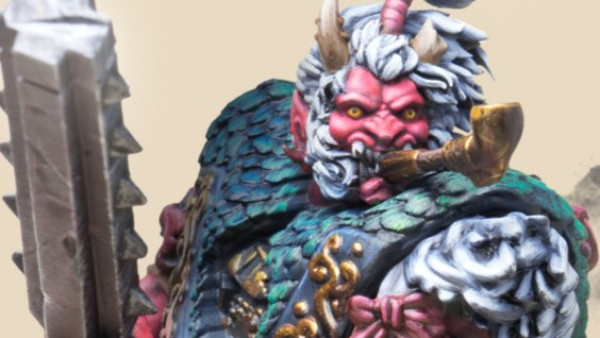
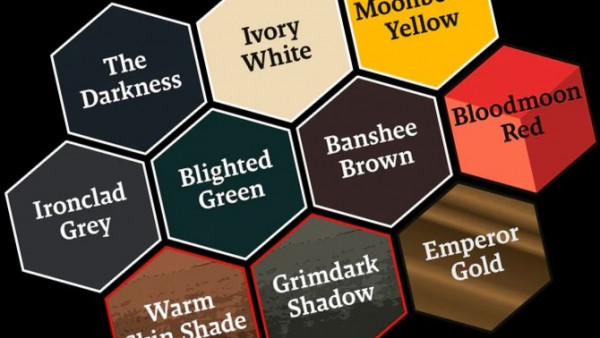
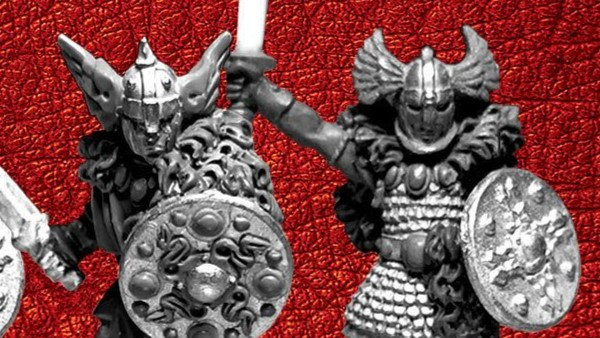
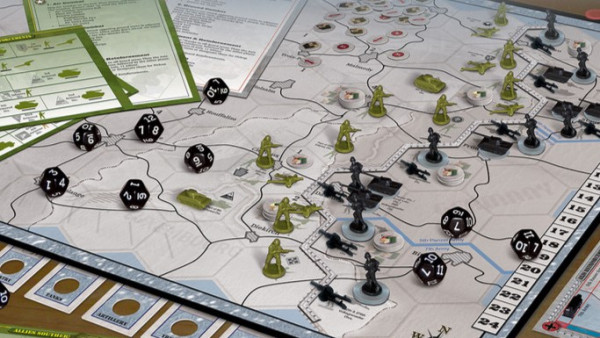
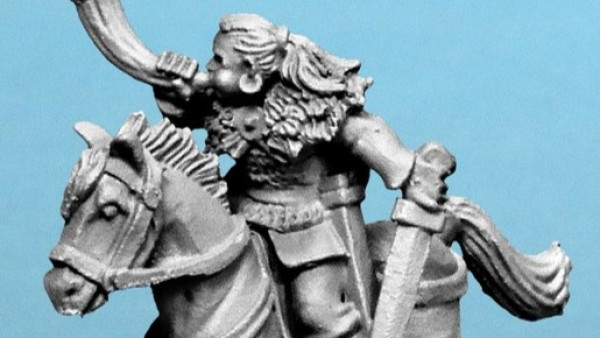









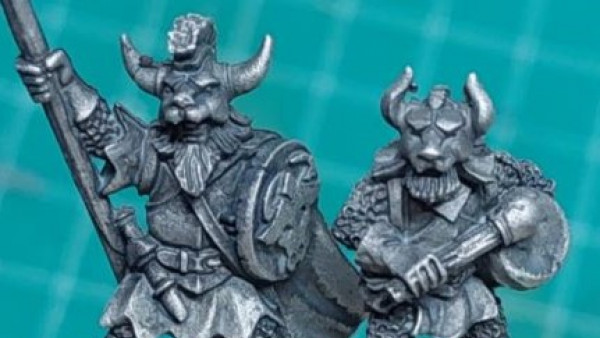
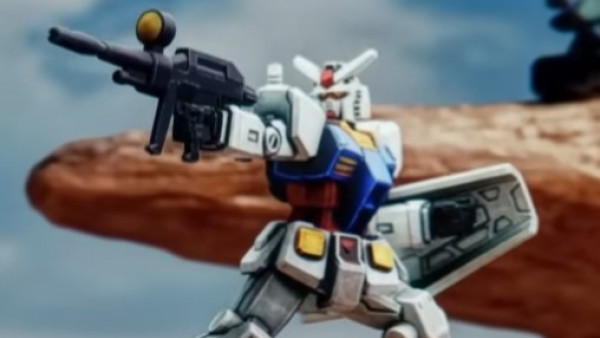
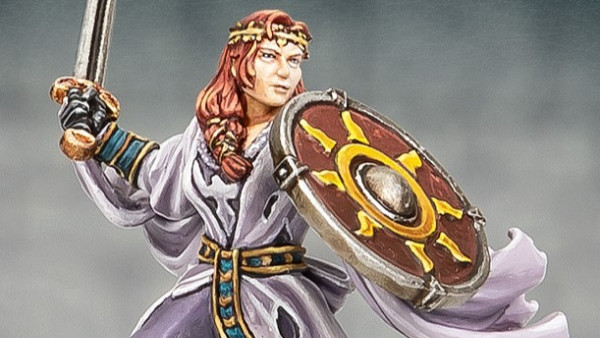
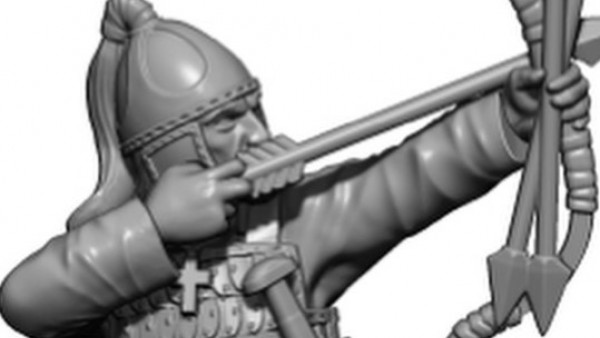
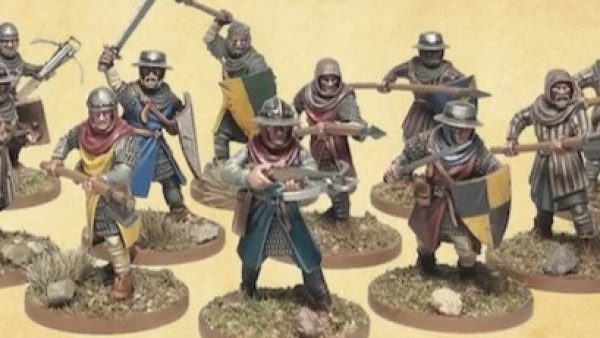
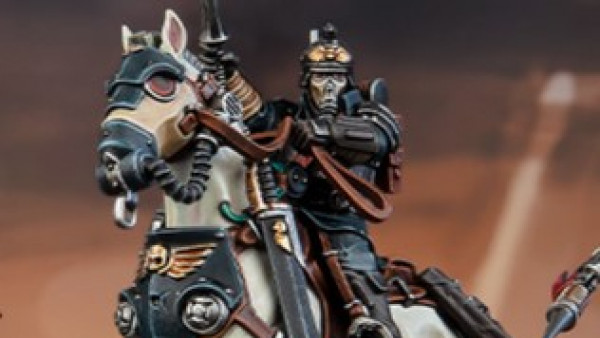
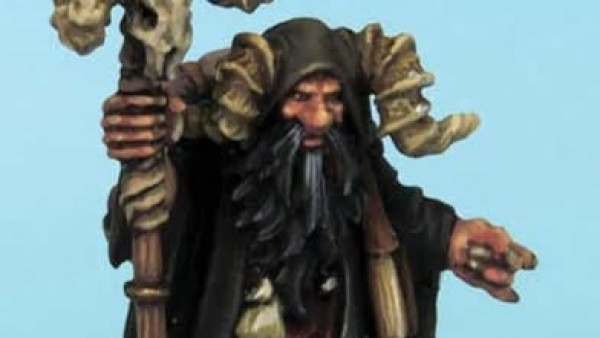
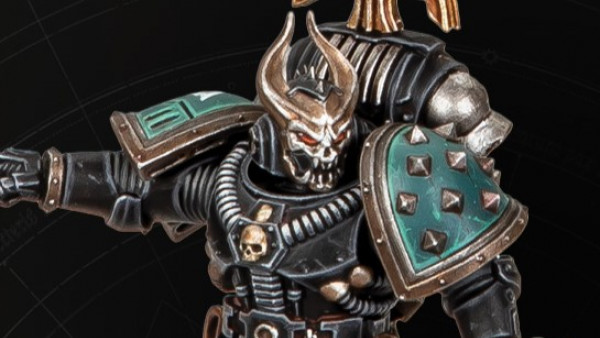
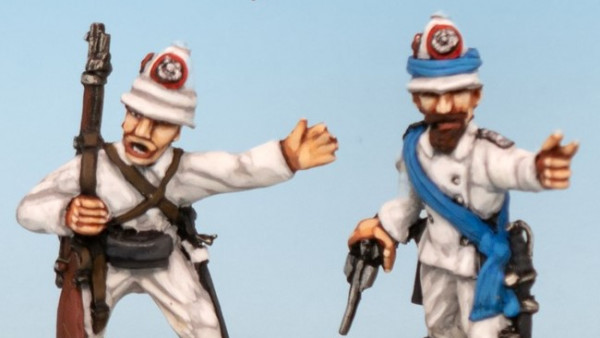
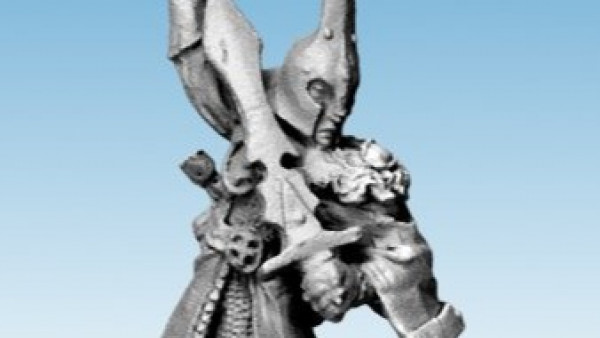
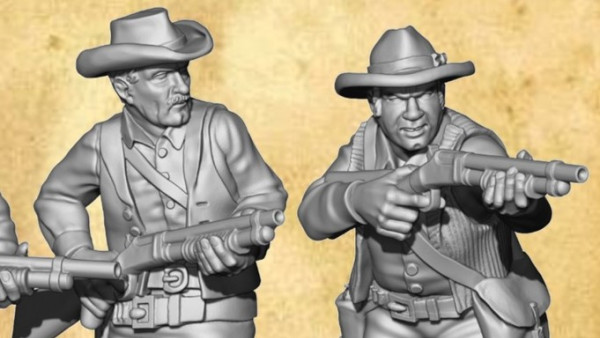


@beaudouro those are looking great, pictures are very well done too, looking forward to the next installment
@civilcourage thanks! A long way to go still but I’ll keep going…
Looks amazing! How did you make the flags?
Thanks Lupa! I use brass rod for the flag pole instead of the poles that come with the models. I clip off and drill the finials from the original flag poles and add them to the top of the brass rod. The flags themselves are from GMB Designs and come on a flat piece of paper. Once cut out, I add PVA to the back and fold the flags around the top of the pole (a little super glue helps out here to hold them in place). Before the PVA dries I then bend the flag into position to look… Read more »
Thanks beaudouro!
I appreciate the detailed explanation and I would love to see a little tutorial!